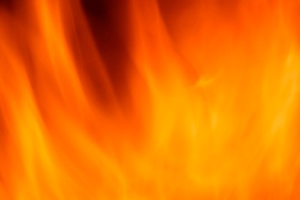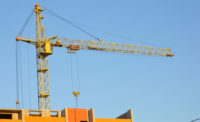 In the wake of two Manhattan fires that occurred within two days - leaving one person dead and another seriously burned -- the Eletrical Safety Foundation International (ESFI) is reminding the public about the dangers of overloaded circuits and improper power cord use.
In the wake of two Manhattan fires that occurred within two days - leaving one person dead and another seriously burned -- the Eletrical Safety Foundation International (ESFI) is reminding the public about the dangers of overloaded circuits and improper power cord use.
The fires, on Aug. 17th and Aug. 18, are both being blamed on overloaded power strips. The pair of blazes comes just one month after a pinched power cord between a bed and a wall led to the death of a Manhattan firefighter.
ESFI offers the following safety tips tips for power strips and cords:
Power Strips
- Be sure you are not overloading the circuit. Know capacity of the circuit and the power requirements of all the electrical items plugged into the power strip and into all the other outlets on the circuit as well as the light fixtures on the circuit.
- A heavy reliance power strips is an indication that you have too few outlets to address your needs. Have additional outlets installed where you need them.
- Understand that surge suppressors only protect the items plugged into it, not back along the circuit into which it is connected.
- Multiple plug outlets must be plugged directly into mounted electrical receptacles; they cannot be chained together.
- Ensure that all power strips and extension cords are certified by a nationally recognized testing laboratory such as UL, CSA, or ETL, and read the manufacturer’s instructions carefully.
Power Cord Safety
- Extension cords should only be used on a temporary basis; unplug and safely store them after every use.
- Do not place power cords and extension cords in high traffic areas or under carpets, rugs or furniture, and never nail or staple them to the wall or baseboard.
- Never remove the ground pin (the third prong) to make a three-prong plug fit a two-prong outlet.
- Make sure extension cords are properly rated for their intended use, indoor or outdoor, and meet or exceed the power needs of the appliance or tool being used.
- All electrical items and extension cords should be kept in good condition. If damage is discovered, repair the item or dispose of it.


